David Boswell: Creating Adventures with Music
By Susan Frances
 The way landscape artist John Constable transports audiences through the dales of England’s countryside in his paintings, guitarist-composer David Boswell takes audiences into awesome adventures with his music. His latest recording The Story Behind The Story is an open invitation to an evocative listening experience. Released in the summer of 2020, while a global pandemic persisted, Boswell expressed uncertainty about bringing out the album, knowing that performing the material in front of live audiences would likely not happen.
The way landscape artist John Constable transports audiences through the dales of England’s countryside in his paintings, guitarist-composer David Boswell takes audiences into awesome adventures with his music. His latest recording The Story Behind The Story is an open invitation to an evocative listening experience. Released in the summer of 2020, while a global pandemic persisted, Boswell expressed uncertainty about bringing out the album, knowing that performing the material in front of live audiences would likely not happen.
He muses, “It was a bit of an odd time to release a new record in the thick of all this. I was very encouraged and reminded that the world needs music and the healing properties of music so that helped me feel good about releasing The Story Behind The Story in this time.”
An uplifting track on the recording that transmits Boswell’s message is “Prayer for the Planet,” which he describes, “‘Prayer for the Planet’ is sort of an acoustic version of the melody idea of ‘Alta’ without the open tuning. It is also played on a baritone acoustic and classical guitars so it has really different sonic voicings to it. The music came first but called out for the title. Initially, I felt the prayer was for our environment but it turned out to be for much more with Covid and our political environment being such a mess.”
Comprised of original compositions by Boswell, he delves deeper into the music selected for the recording, “I had been playing around with these tune ideas for some time. These all started out as voice memos on my phone where I would sing a melody into my phone and have a strong idea of where the music was going to need to go, and I was always far from a musical instrument.”
“The tune ‘Alta,'” he singles out, “worked with an open tuning and really propelled that into quite a powerful piece of music. I wanted this record to have some space in the music where the music would drop to almost nothing and re-build again. This was something that Jimmy Haslip really helped me to realize when co-producing the record with me.”
Co-produced by Haslip, who had been a co-founder and bass player of the Yellowjackets and a Grammy winner, the recording had a second set of ears alongside Boswell. The teamwork evolved into well-developed compositions. A factor that motivated Boswell to render the services of three different pianists on the recording, which brought in Mitchel Forman, Scott Kinsey, and Otmaro Ruiz on keys, bass players Jimmy Haslip and Bart Samolis, and drummers MB Gordy and Gary Novak.
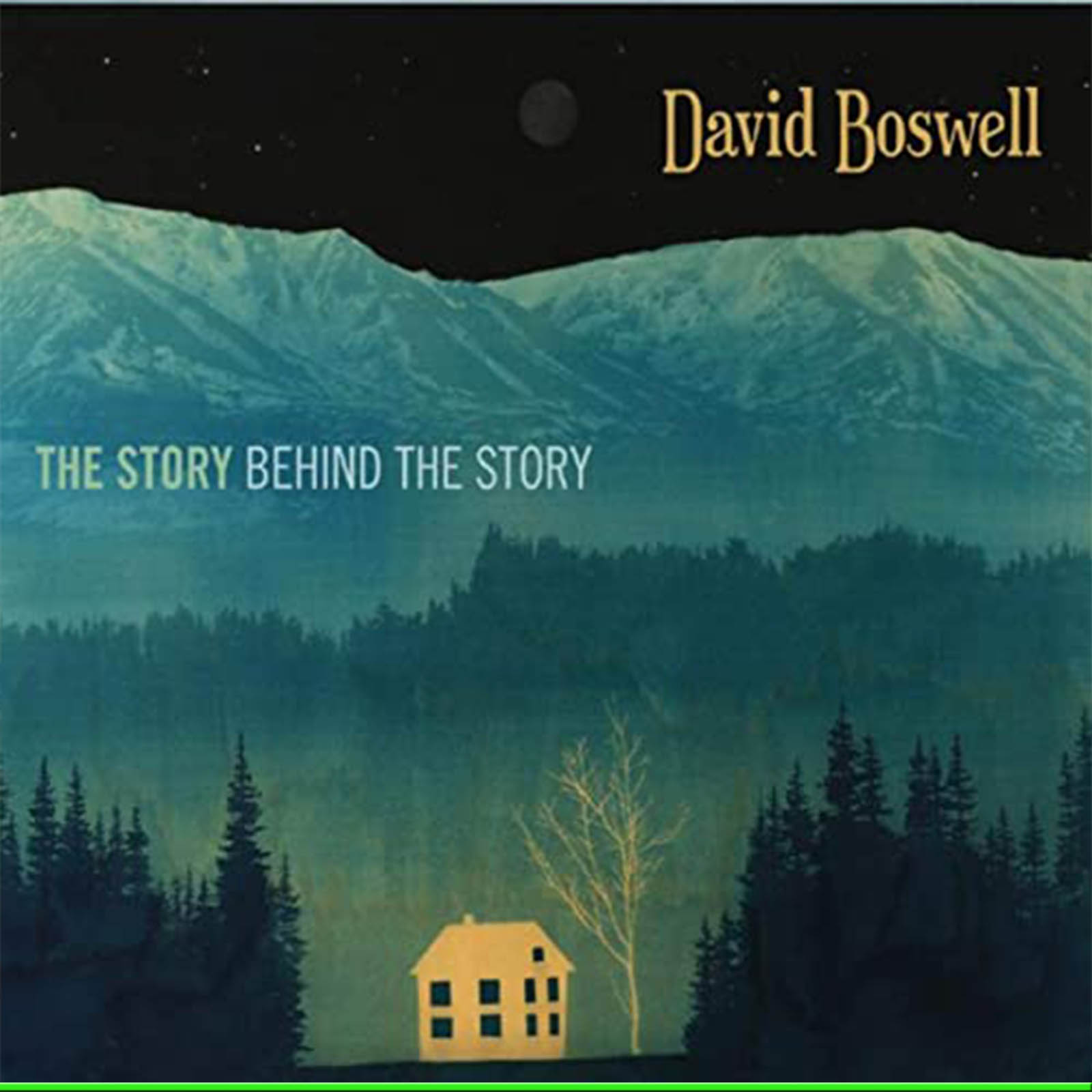 Boswell explains how his plans for the recording called for having more than one set of musicians to support him. “I am huge fans of all of these guys,” he praises, “and having brought Jimmy Haslip into the project as a producer, we sort of put together the players for each tune where they would really shine and compliment the music. I’m grateful that all these guys with the exception of Andy [Snitzer] are here in Los Angeles, so I had the best of the best right here in town. It was a bit of a departure for me as well because my previous records have been primarily with one core band throughout the record.”
Boswell explains how his plans for the recording called for having more than one set of musicians to support him. “I am huge fans of all of these guys,” he praises, “and having brought Jimmy Haslip into the project as a producer, we sort of put together the players for each tune where they would really shine and compliment the music. I’m grateful that all these guys with the exception of Andy [Snitzer] are here in Los Angeles, so I had the best of the best right here in town. It was a bit of a departure for me as well because my previous records have been primarily with one core band throughout the record.”
For someone who isn’t from Los Angeles, saxophonist Andy Snitzer contributes ironically to the track “A Los Angeles Minute.” Boswell recounts how he met Snitzer, “I met Andy through Jimmy who played with him in Jeff Lorber Fusion. What a monster horn player. I wrote the melody lines for ‘A Los Angeles Minute,’ which he doubled my guitar on, and though the parts are sketched out, I love to give freedom to all the players to do their thing and play their heart out and not feel like they are a slave to any written note.” Boswell adds about Snitzer, “He absolutely shreds it up on the tune ‘The Sun and the Moon.'”
While reflecting over the recording process, Boswell asserts that the most challenging track to record, “Probably ‘A Los Angeles Minute’ and mainly because I jump back and forth between acoustic and electric guitar and there are moments where the music just stops and then starts again. I have to say though, I was so excited about the music on this record that I forgot about anything being hard because it was so inspiring and exciting to see it come together the way it did.”
He expresses thoughtfully, “I’m really proud of this record and grateful for all the wonderful support that it has received and I can’t wait to get out and play this music live!”
Being entirely engulfed in the adventure that consumes him while he is composing is a trait he picked up about himself at an early age. Improvising music has been at the heart of Boswell’s songwriting from the beginning as he claims about his early musical influences, “A lot of the music, the progressive rock that I was listening to and playing as a kid was rooted in jazz and improvisation, it just didn’t necessarily swing.”
“There has always been an element of improvisation that I have been drawn to,” he discerns. “The long solo sections where there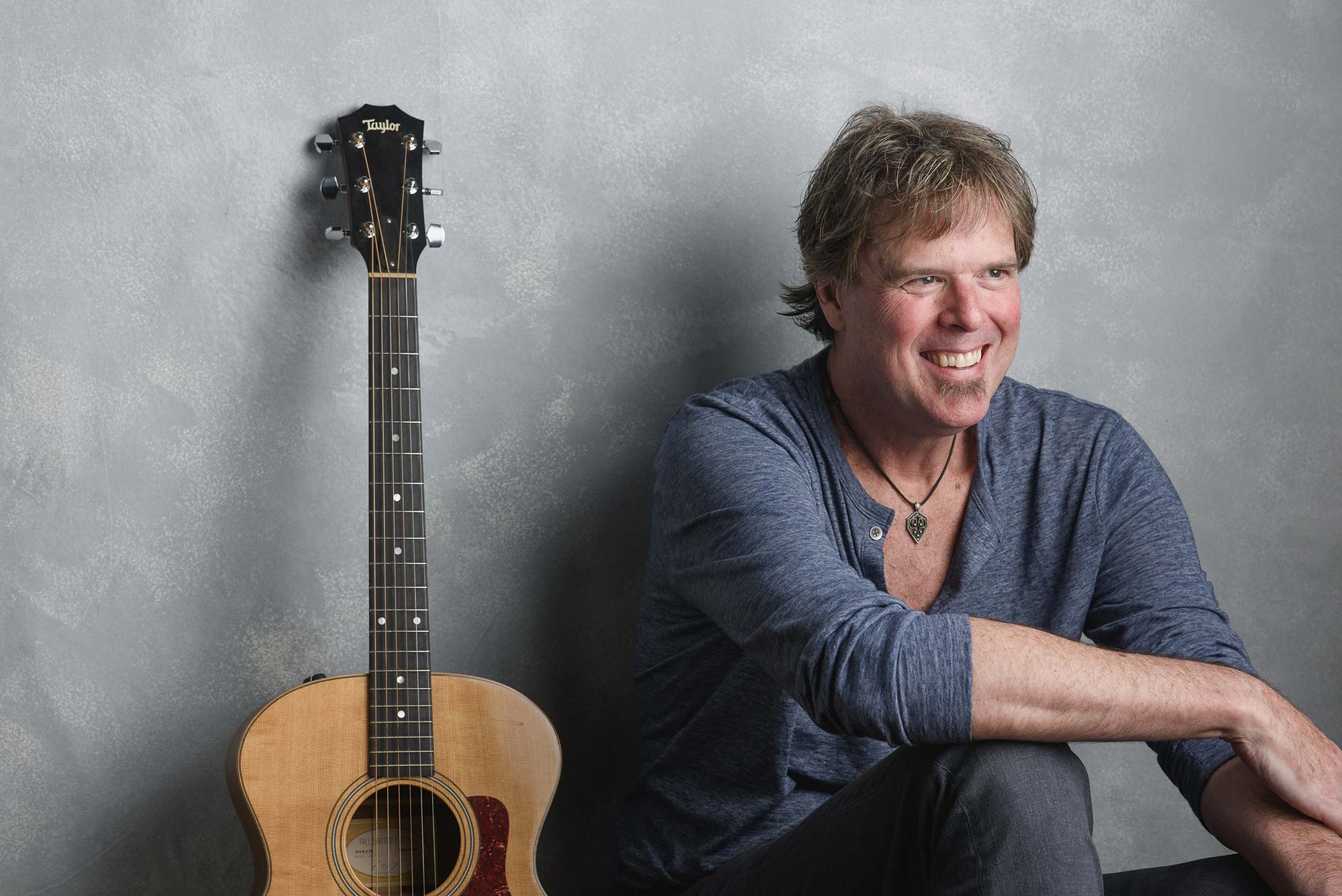 weren’t set parts to play and where a player can just be spontaneous and play on a musical form and off each other.”
weren’t set parts to play and where a player can just be spontaneous and play on a musical form and off each other.”
He cites, “When I was maybe 12, my cousin who lived in New York sent us some John Coltrane records and said, ‘you kids need to listen to this!’ I put on Live at the Village Vanguard and had to put it away for a few years. I had no clue on what was going on and didn’t understand it. Soon after, my grandparents took me to see George Van Eps solo concert and that really turned me on to solo jazz guitar. But the biggest influence as a kid was seeing the Pat Metheny Group in 1978. That sent me on a path that I couldn’t turn back from.”
His choice to play the guitar, he traces to, “Johnny Cash and The Beatles. …and that the guitar is ‘cool.’ That is why I chose the guitar.”
“Seriously,” he flaunts about his youth, “I wanted to be a Beatle as a young kid and the guitar would be my ticket in! I loved the sound and was influenced a lot by a childhood friend Scott McCaughey, guitarist who later joined R.E.M., who was a few years older and played. This was also in the 1970’s which, in my personal opinion, was the heyday for the electric guitar and all the new amazing sounds that were coming out of the instrument.”
“I also love the trumpet,” he acclaims, “and with guitar synthesizers. I can be a horn player or harmonica player in a way without having to learn a completely new instrument.”
“The guitar to me,” he regards, “has one of the most expressive and dynamic ranges of any modern day musical instrument. Can go from the soft classical nylon string sounds to the biggest wall of sound you can imagine and everything in between. I absolutely love that about the guitar and I take advantage of it.”
Boswell attended the Grove School of Music to study guitar playing further. He recalls, “I took a year of music in college in Northern California and decided that I wanted to go to a music school specifically. My brother John was at Grove and I came down to Los Angeles and had him show me around and I loved the program and how it was structured. It was one of the first opportunities I had to play jazz with other musicians in small and large ensemble jazz settings.”
He escalates the experience at Grove, “It opened up a whole world for me and really inspired me to put together my first trio and perform around Los Angeles.”
Additionally, he studied film scoring at UCLA. He ruminates about what drove him to make this move, “Since childhood I was always hooked by the emotion that music for film provided and I really dug into it with the advent of the computer and composing for orchestra from behind a computer.”
He broaches, “I really wanted to actually write for an orchestra though and didn’t have the skills or knowledge on how to approach that. My UCLA experience was amazing because I was able to write for orchestra and see it performed by an orchestra. There is no way to really simulate that with a computer and get the full experience of how challenging the writing can be.”
His experiences in compositing music moved Boswell to release his debut recording Hold Tight To Your Dreams in 2007. He recollects, “When I started recording my first record, I didn’t even know that I was recording a record until I was halfway through and realized that the body of work was really good and that I needed to get it out there.”
“The record is interesting,” he addresses, “because it is all over the map in terms of the genre or type of music that is on it. Goes from Latin jazz to Celtic epic soundtrack stuff. I had been working on the music for some time and I guess I just wanted to get it out there as it was always a dream of mine to release a record of all my own music. The title came from a fortune cookie and it was a perfect statement for what I was doing by releasing the record which was a dream for me.”
Boswell turns introspective as he recognizes that due to a global pandemic, experiencing the joy of live performances, which partly encouraged him to take the path of a professional musician, has needed to be set aside. “There is just no live music right now,” he laments, “and I’ve remained really sheltered in and being super careful.”
He provides, “Los Angeles has been a hotspot for some time so there is no messin’ around with Covid here in my view.”
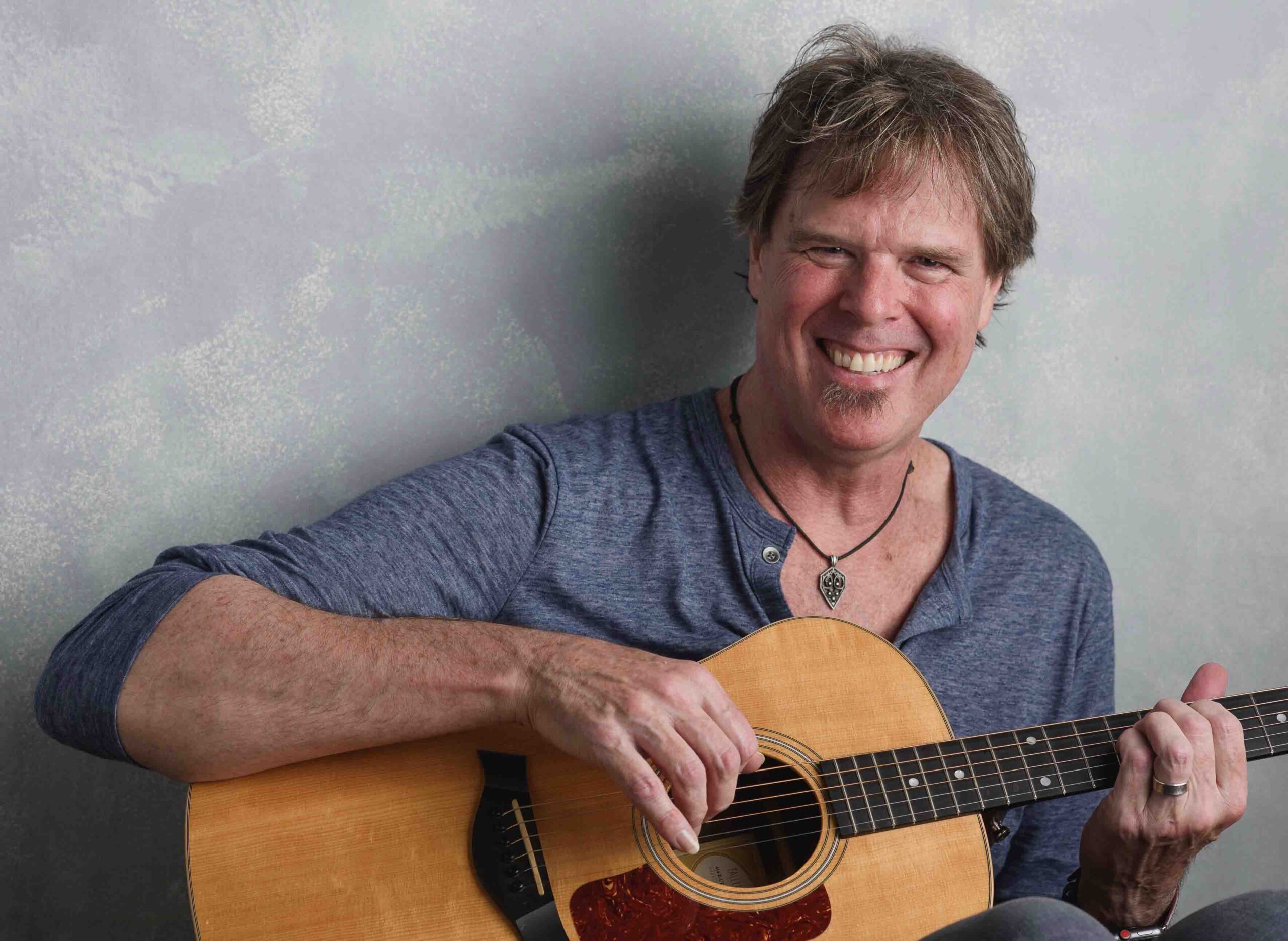 The lockdown, due to the pandemic, is especially hard on Boswell who has come to rely on musicians in Los Angeles to be his catalyst and his inspiration. He prides, “I am very influenced by musicians here in Los Angeles. Before Covid, you could go out any night of the week and see some of the greatest players just shredding it up. I’m looking forward to that again when things open back up. Right now, it is hard to get together with other players so I’ve been working on some solo works in my studio.”
The lockdown, due to the pandemic, is especially hard on Boswell who has come to rely on musicians in Los Angeles to be his catalyst and his inspiration. He prides, “I am very influenced by musicians here in Los Angeles. Before Covid, you could go out any night of the week and see some of the greatest players just shredding it up. I’m looking forward to that again when things open back up. Right now, it is hard to get together with other players so I’ve been working on some solo works in my studio.”
“I’m a bit of a multi-instrumentalist,” he admits, “so my solo work won’t be just guitar – stay tuned – there is some interesting music coming.”
One attribute that audiences can expect from David Boswell’s music is that he will offer them an evocative listening experience. Supplying adventures sonically, similarly in the way that Constable’s landscapes take audiences away into another world with paint and brushstrokes. Applying this perspective, a pandemic cannot stop Boswell’s adventures from being embarked on by people.
About Susan Frances:
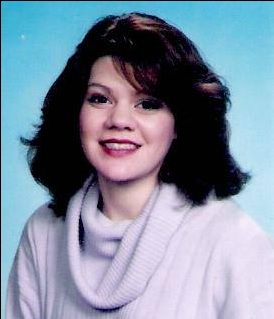 Born in Brooklyn, New York and raised in eastern Long Island, I always enjoyed writing and made several contributions to my high school literary magazine, The Lion’s Pen. Influenced by writers of epic novels including Colleen McCullough and James Clavell, I gravitated to creative writing. After graduating from New York University with a BA in Liberal Arts, I tried my hand at conventional jobs but always returned to creative writing. Since 1998, I have been a freelance writer and have over three thousand articles to various e-zines including: Jazz Times, Blogcritics, Yahoo Voices, Goodreads.com, Authors and Books (books.wiseto.com), TheReadingRoom.com, Amazon.com, Epinions.com, Fictiondb.com, LibraryThing.com, BTS emag, BarnesandNoble.com, RomanticHistoricalReviews.com, AReCafe.com, Hybrid Magazine, and BookDepository.com. In 2013 and 2014, I was a judge in the Orange Rose Writing Competition sponsored by the Orange County chapter of the Romance Writers of America located in Brea, California.
Born in Brooklyn, New York and raised in eastern Long Island, I always enjoyed writing and made several contributions to my high school literary magazine, The Lion’s Pen. Influenced by writers of epic novels including Colleen McCullough and James Clavell, I gravitated to creative writing. After graduating from New York University with a BA in Liberal Arts, I tried my hand at conventional jobs but always returned to creative writing. Since 1998, I have been a freelance writer and have over three thousand articles to various e-zines including: Jazz Times, Blogcritics, Yahoo Voices, Goodreads.com, Authors and Books (books.wiseto.com), TheReadingRoom.com, Amazon.com, Epinions.com, Fictiondb.com, LibraryThing.com, BTS emag, BarnesandNoble.com, RomanticHistoricalReviews.com, AReCafe.com, Hybrid Magazine, and BookDepository.com. In 2013 and 2014, I was a judge in the Orange Rose Writing Competition sponsored by the Orange County chapter of the Romance Writers of America located in Brea, California.


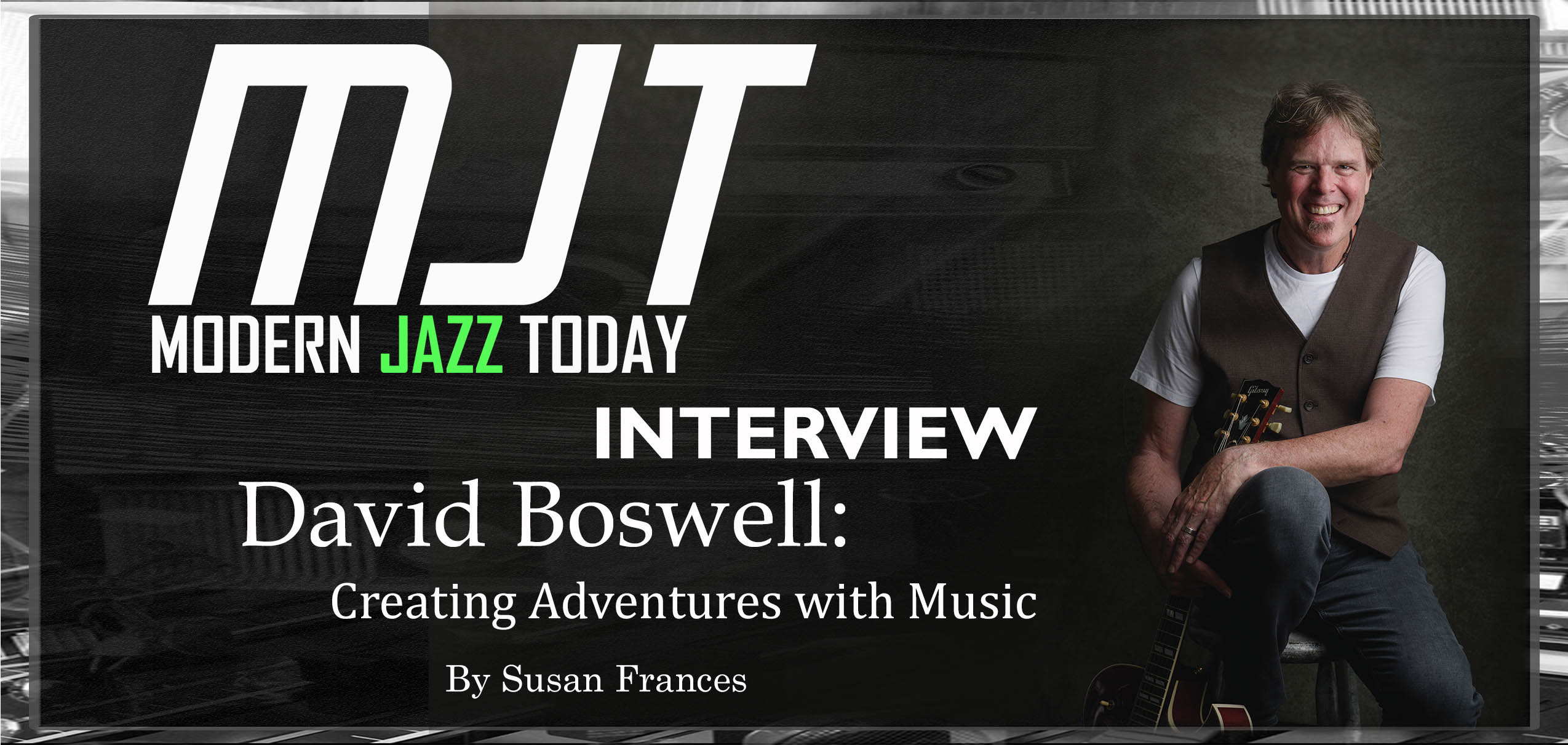


2 Comments
CR Clark
Really enjoyed the David Boswell piece. Bravo….well done! He is exceptionally talented. His music is as adventurous as it is revealing and emotional.
Charles Terry
1Luv Bruh 💯 Always ….
Keep It Heavy….. 1